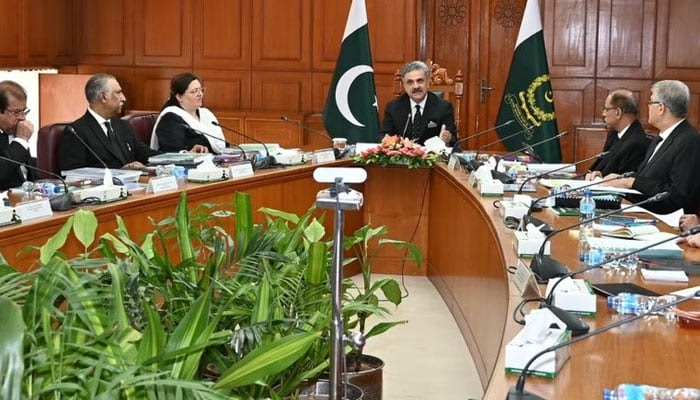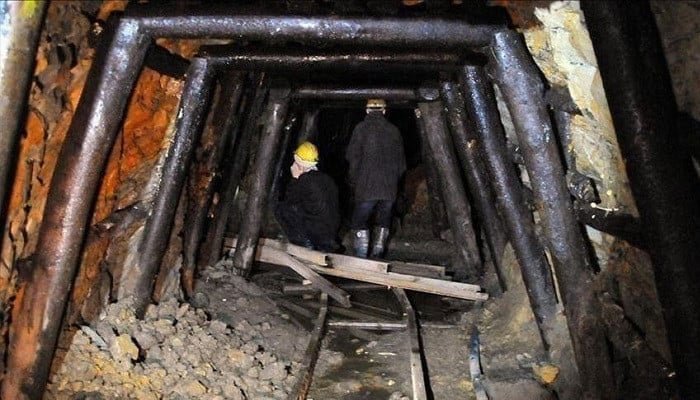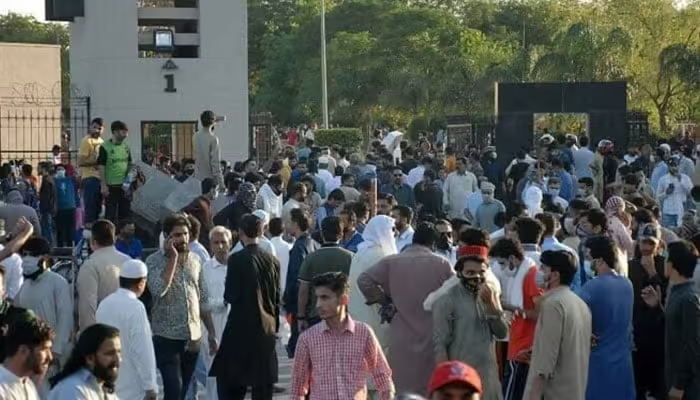In a significant move towards judicial reform and protection of human rights, the National Judicial (Policy Making) Committee (NJPMC) on Friday announced the formation of a dedicated committee to address the issue of enforced disappearances across Pakistan. The decision was made during the NJPMC’s 53rd meeting held at the Supreme Court, chaired by Chief Justice of Pakistan Yahya Afridi, and attended by the chief justices of all high courts and the Additional Attorney General for Pakistan.
Judiciary to Lead Institutional Response on Enforced Disappearances
The committee unanimously resolved that the judiciary has a constitutional obligation to safeguard fundamental rights, and it will not waver in this duty. In response to growing national and international concerns over enforced disappearances, the NJPMC approved the creation of a new committee that will formulate an institutional and legal response. This body will also consider executive-level concerns communicated through the Attorney General for Pakistan.
This marks a pivotal step in acknowledging the judiciary’s role in addressing a deeply entrenched and controversial issue that has long plagued the country’s human rights landscape.
Judicial Officers to Be Shielded from External Influence
A major decision during the session involved measures to protect judicial officers from external pressures and interference. The NJPMC directed all high courts to establish structured mechanisms for reporting and addressing such incidents. Each complaint must be handled within a defined timeframe, ensuring timely redressal and upholding the independence of the judiciary.
Sweeping Reforms to Enhance Judicial Efficiency
The NJPMC meeting introduced a comprehensive set of structural reforms to streamline and modernize Pakistan’s justice system:
- Commercial Litigation Corridor: A new framework of specialized courts and benches will handle commercial disputes to expedite economic-related litigation.
- Double-Docket Court Regime: To be piloted in select districts, this initiative aims to address the backlog by allowing parallel court proceedings.
- Court-Annexed Mediation Regime: This alternative dispute resolution framework is expected to ease pressure on courts and promote out-of-court settlements.
- Model Criminal Trial Courts: These courts will implement best practices for fair, speedy, and transparent trials, helping restore public confidence in criminal justice.
- District-Level Mediation & Family Courts: Dedicated facilities at the district level will improve access to justice for families and promote conflict resolution.
Standardizing Performance and Legal Training
To bring consistency across the judicial landscape, the NJPMC approved the formation of a committee under Justice (retd) Rehmat Hussain Jafferi. This group will:
- Develop Key Performance Indicators (KPIs) for judicial officers.
- Standardize training modules for judges and lawyers.
- Address service disparities within the judicial system.
Additionally, the committee approved the creation of a Professional Excellence Index to guide lawyer inductions. High courts have been directed to submit their proposed models within 30 days.
Ethical Use of AI in Judicial Functions
In a progressive move, the NJPMC discussed the ethical integration of generative AI in judicial processes. The National Judicial Automation Committee has been assigned the task of finalizing a charter to regulate AI usage while maintaining judicial integrity.
Embracing Technology for Court Efficiency
Several tech-driven improvements were also endorsed:
- Standard Operating Procedures (SOPs) for the remote attendance of undertrial prisoners.
- Use of video link technology for police witness statements.
- Training of police officers through judicial academies for better legal coordination.
These changes are expected to reduce court delays, improve security, and enhance coordination between law enforcement and judiciary.
Reforms in Constitutional Petitions and Legal Practices
The NJPMC also ruled that constitutional petitions related to tax and finance will now be heard by division benches, ensuring more comprehensive legal scrutiny. This was in response to a formal request from the Additional Attorney General.
In support of institutional welfare, the committee praised the Lahore High Court’s initiatives such as:
- Establishment of female bar rooms.
- Creation of day care centers for working mothers.
- Introduction of health insurance for judges and their families.
Other provincial high courts were encouraged to seek similar support from their respective governments to ensure parity in judicial support facilities.
Improving Administrative Coordination
The committee also discussed the need for better coordination between judicial presiding officers and the federal government regarding transfers of ministerial staff. The NJPMC Secretariat has been tasked with reviewing and pursuing this proposal.
Commitment to Justice and Transparency
The NJPMC concluded by reaffirming its commitment to a transparent, efficient, and constitutionally guided judicial system. The sweeping reforms reflect a strong resolve to strengthen the judiciary’s independence, enhance public trust, and ensure timely justice across Pakistan.
This landmark meeting of the NJPMC signals a new era of judicial accountability and modernization, particularly with its bold steps toward tackling issues like enforced disappearances and judicial interference—two challenges long considered taboo in Pakistan’s legal landscape.



